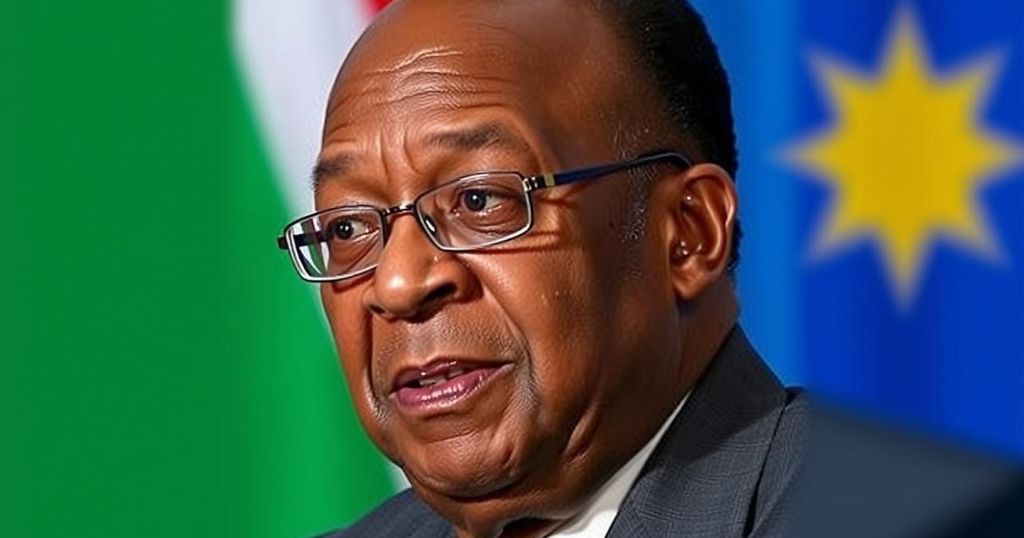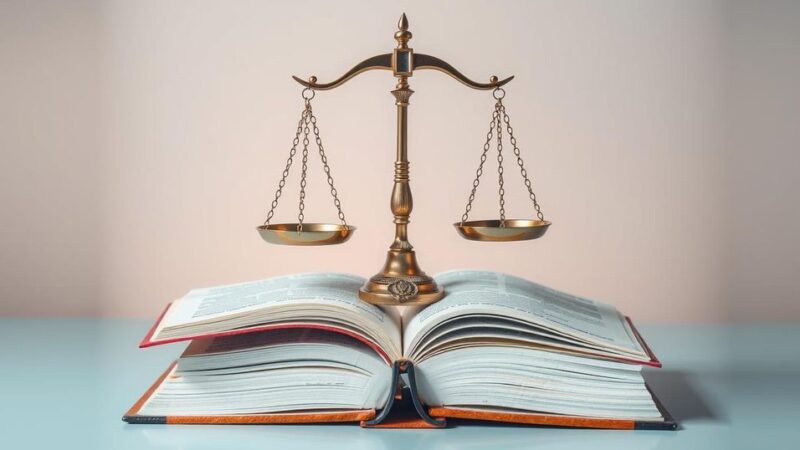Botswana President Mokgweetsi Masisi has conceded defeat in the general election of October 30, 2024, which concludes the BDP’s 58-year tenure. The UDC, led by Duma Boko, emerged as the frontrunner, marking a significant shift in the country’s political landscape.
In a historic and transformative moment for Botswana, President Mokgweetsi Masisi has acknowledged his defeat in the general elections held on October 30, 2024. This concession marks the end of the Botswana Democratic Party’s (BDP) 58-year reign since the country achieved independence from British rule in 1966. Before the official electoral results were finalized, Masisi indicated that his party was trailing significantly, announcing that the BDP held forth only in fourth place in the parliamentary race. Meanwhile, the primary opposition group, the Umbrella for Democratic Change (UDC), commanded a substantial lead in the preliminary votes, positioning its presidential nominee, Duma Boko, in an excellent position to take up the presidential office in one of Africa’s key diamond-producing nations. Following his acknowledgment of defeat, Masisi reached out to Boko to convey his concession personally.
The recent general election in Botswana represents a significant shift in the political landscape of the nation, as the BDP has been synonymous with national governance for nearly six decades. This longevity has made the BDP one of the longest-serving political parties in Africa. The UDC’s rise in prominence promises potential changes in governance that could impact various sectors, including the economy, traditionally strong due to the nation’s diamond mining industry. This election is viewed not only as a critical decision point for the citizens of Botswana but also as a reflection of changing political sentiments across the continent.
The acknowledgement of defeat by President Masisi signals a pivotal change in Botswana’s political course, potentially ushering in a new era under the leadership of the UDC and its presidential candidate, Duma Boko. This election not only highlights the shifting dynamics within Botswana but also indicates the electorate’s desire for a change after decades of BDP governance. As the final results are awaited, the implications of this electoral outcome will be closely monitored both domestically and internationally.
Original Source: apnews.com






